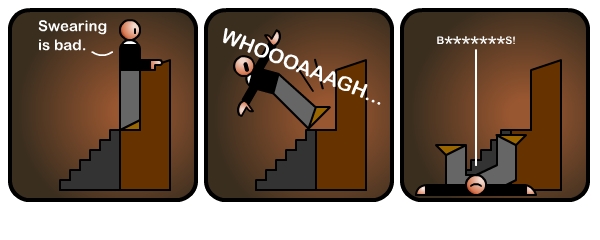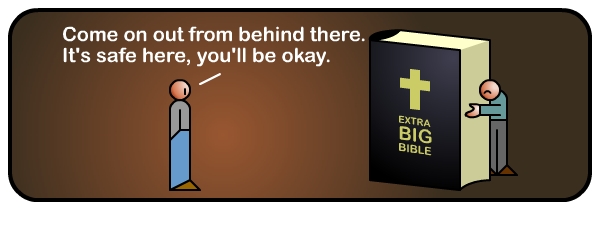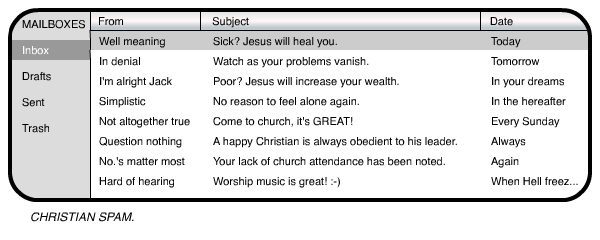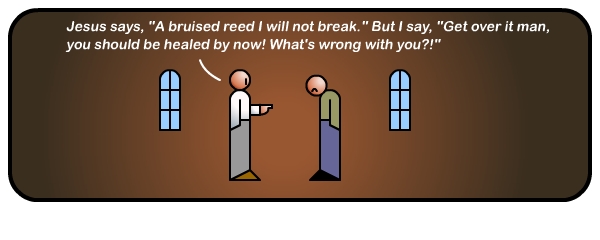Following on from my brief comment yesterday that I quite like some more contemporary
hymnody (true enough), I came across this
little ditty which amused me.
Thanks Lay Clerk.
To the tune: ReptonDear Lord and Father of mankind
forgive our foolish ways;
For most of us, when asked our mind,
admit we still most pleasure find
in hymns of ancient days,
in hymns of ancient days.
The simple lyrics, for a start,
of many a modern song
are far too trite to touch the heart;
enshrine no poetry, no art;
and go on much too long,
and go on much too long.
O, for a rest from jollity
and syncopated praise!
What happened to tranquillity?
The silence of eternity
is hard to hear these days,
is hard to hear these days.
Send Thy deep hush, subduing all
those happy claps that drown
the tender whisper of Thy call;
triumphalism is not all,
for sometimes we feel down,
for sometimes we feel down.
Drop Thy still dews of quietness
till all our
strummings cease;
Take from our souls the strain and stress
of always having to be blessed;
Give us a bit of peace,
give us a bit of peace.
Breathe through the beats of praise-guitar
Thy coolness and Thy balm;
Let drum be dumb, bring back the lyre,
enough of earthquake, wind and fire,
let’s hear it for some calm,
let’s hear it for some calm.
I really don't see the point of "Jesus, Jesus, Jesus, Jesus, Jesus, Jesus" (repeat) and to me that's a mantra not a hymn. But there are some ancient grim dirges too. I like a nice mixture I do.








 Laying aside mad African saints, I was really rather delighted to see that the Pope has made Damien the Leper a saint. A Belgian missionary who devoted his life to caring for lepers in Hawaii, I recall hearing of him first when I saw a film years ago with (I think) Jose Ferrer in the lead role. The offical blurb is really good (especially given that it is from the Vatican.
Laying aside mad African saints, I was really rather delighted to see that the Pope has made Damien the Leper a saint. A Belgian missionary who devoted his life to caring for lepers in Hawaii, I recall hearing of him first when I saw a film years ago with (I think) Jose Ferrer in the lead role. The offical blurb is really good (especially given that it is from the Vatican.




